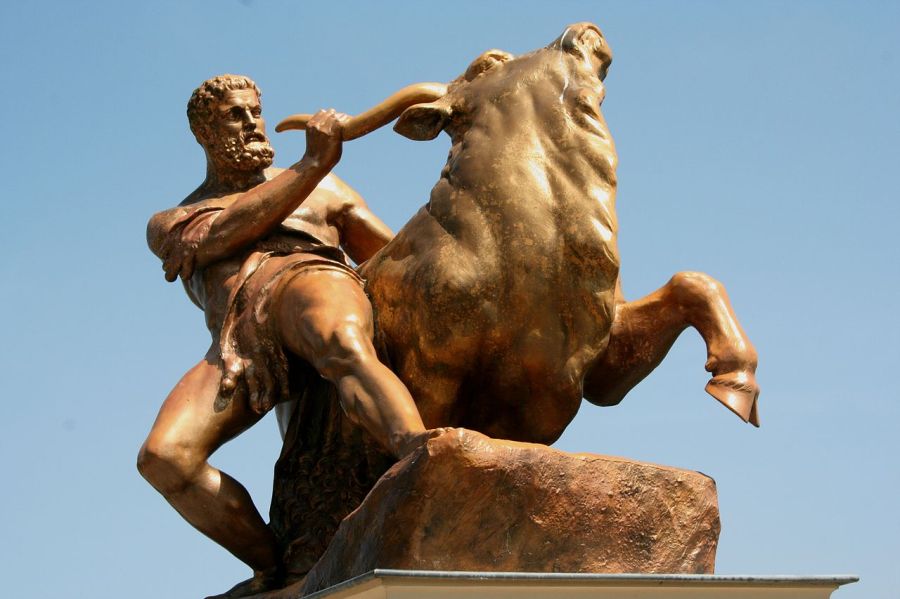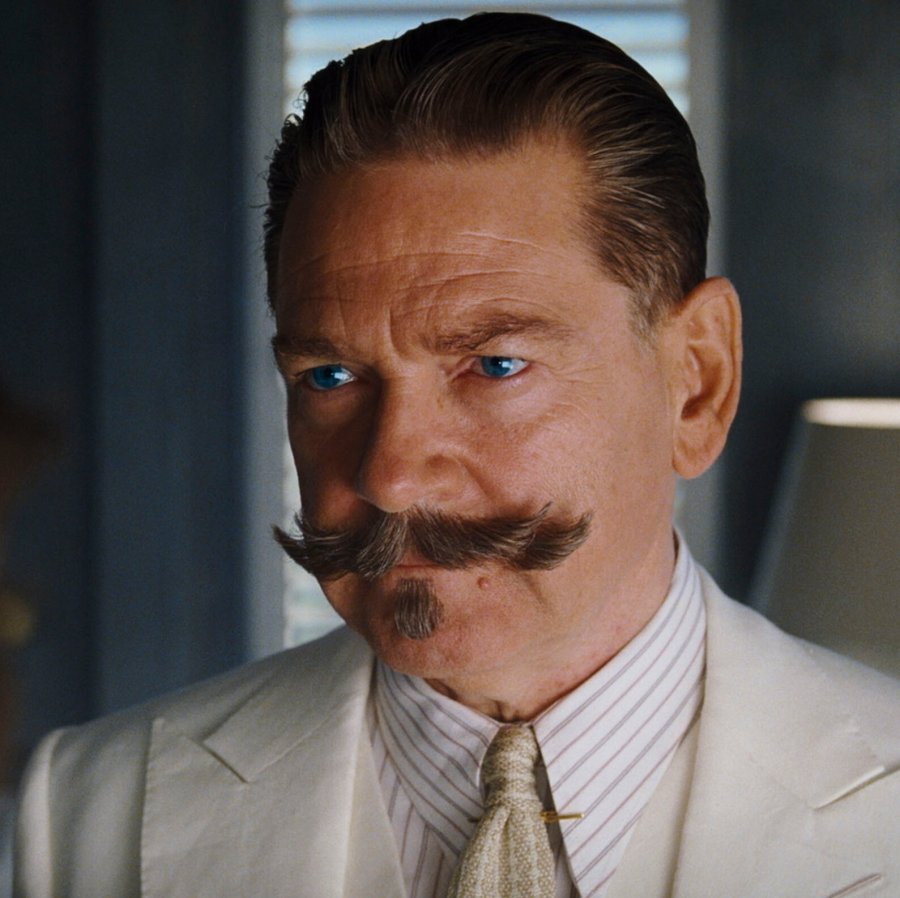Hercules Poirot – Hercules and Agatha Christie’s detective Hercule Poirot
https://wiki.wizard101central.com/wiki/Creature:Hercules_Poirot
https://en.wikipedia.org/wiki/Hercules
https://en.wikipedia.org/wiki/Labours_of_Hercules
https://en.wikipedia.org/wiki/Hercule_Poirot
Hercules Poirot (Herc for short) is the Sheriff of Port Aero. He needs a little help with a case. Someone has attacked the Cretan Bull. Herc has narrowed it down to three suspects and asks your wizard to question the subjects.
Hercules is the Roman equivalent of the Greek divine hero Heracles, son of Jupiter and the mortal Alcmena. In classical mythology, Hercules is famous for his strength and for his numerous far-ranging adventures.
The Romans adapted the Greek hero’s iconography and myths for their literature and art under the name Hercules. In later Western art and literature and in popular culture, Hercules is more commonly used than Heracles as the name of the hero. Hercules is a multifaceted figure with contradictory characteristics, which enabled later artists and writers to pick and choose how to represent him.
The Labours of Hercules are a series of tasks carried out by Hercules. They were accomplished in the service of King Eurystheus. The episodes were later connected by a continuous narrative.
The establishment of a fixed cycle of twelve labours was attributed by the Greeks to an epic poem, now lost, written by Peisander (7th to 6th centuries BC).
Having tried to kill Heracles ever since he was born, Hera induced a madness in him that made him kill his wife and children. Afterwards, Heracles went to the Oracle of Delphi to atone, where he prayed to the god Apollo for guidance. Heracles was told to serve Eurystheus, king of Mycenae, for ten years. During this time, he was sent to perform a series of difficult feats, called labours.
The order of the labours given by the mythographer Apollodorus is:
Slaying the Nemean lion
Slaying the nine-headed Lernaean Hydra
Capturing the Ceryneian Hind
Capturing the Erymanthian Boar
Cleaning the Augean stables in a single day
Slaying the Stymphalian birds
Capturing the Cretan Bull
Stealing the Mares of Diomedes
Obtaining the girdle of Hippolyta, queen of the Amazon
Obtaining the cattle of the three-bodied giant Geryon
Stealing three of the golden apples of the Hesperides
Capturing and bringing back Cerberus
Hercule Poirot is a fictional Belgian detective created by British writer Agatha Christie. Poirot is one of Christie’s most famous and long-running characters, appearing in 33 novels, two plays (Black Coffee and Alibi), and 51 short stories published between 1920 and 1975.
Poirot has been portrayed on radio, in film and on television by various actors, including Austin Trevor, John Moffatt, Albert Finney, Peter Ustinov, Ian Holm, Tony Randall, Alfred Molina, Orson Welles, David Suchet, Kenneth Branagh, and John Malkovich.
Poirot first appeared in The Mysterious Affair at Styles, published in 1920, and exited in Curtain, published in 1975. Following the latter, Poirot was the only fictional character to receive an obituary on the front page of The New York Times.
By 1930, Agatha Christie found Poirot “insufferable”, and by 1960 she felt that he was a “detestable, bombastic, tiresome, ego-centric little creep”. Despite this, Poirot remained an exceedingly popular character with the general public. Christie later stated that she refused to kill him off, claiming that it was her duty to produce what the public liked.
Hercule Poirot became famous in 1926 with the publication of The Murder of Roger Ackroyd, whose surprising solution proved controversial. The novel is still among the most famous of all detective novels: Edmund Wilson alludes to it in the title of his well-known attack on detective fiction, “Who Cares Who Killed Roger Ackroyd?” Aside from Roger Ackroyd, the most critically acclaimed Poirot novels appeared from 1932 to 1942, including Murder on the Orient Express (1934); The ABC Murders (1935); Cards on the Table (1936); and Death on the Nile (1937), a tale of multiple murders upon a Nile steamer. Death on the Nile was judged by the famed detective novelist John Dickson Carr to be among the ten greatest mystery novels of all time.
The current list of all the (known) Empyrea references can be found here.
Although I am well versed in Pop Culture references but I do not claim to have caught them all. Let me know your favorites in the comments and if I’ve missed one you caught, let me know so I can add it to the list.
Text for this article is excerpted from the linked wiki pages
Hercules Poirot image is from Wizard101, and is copyright of KingsIsle Entertainment.
Dwayne Johnson as Hercules is borrowed from azcentral.com and is copyright Paramount Pictures
Hercules and the Cretan Bull is borrowed from Wikipedia and is copyright Jens Burkhardt-Plückhahn
Murder on the Orient Express cover is borrowed from Barnes & Noble and is their copyright.
Kenneth Branagh as Hercule Poirot is copyright 20th Century Studios
Image usage qualifies as fair use under US copyright law.




